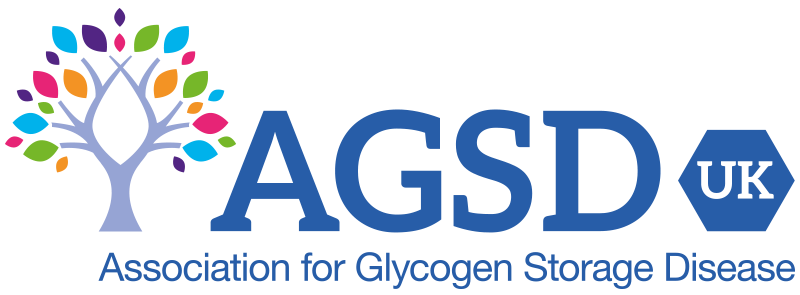In late-onset Pompe disease, unlike the infantile-onset form, there is a low level of GAA enzyme. It can be diagnosed from age one but is also known to present much later in life.
Late-onset Pompe disease (LOPD)
Late-onset Pompe Disease is a progressive muscle disorder. It is caused when the level of GAA in the body is low or very low, however, unlike infantile-onset Pompe disease, there is some enzyme working.
This disease can be diagnosed in children as young as one and has also been known to present much later in life. Some people have been diagnosed in their 60s and 70s. As well as the start of symptoms being very individual they also vary from mild to severe.
Although it is progressive, the rate also varies greatly between individuals. Most common symptoms include breathing problems, morning headaches and daytime sleepiness. Muscle weakness, pain and soreness occurs for everyone, especially in those muscles closest to the spine and core. Fatigue and overwhelming tiredness are another common symptoms. Many people first notice problems climbing stairs, or a family member mentions their ‘odd’ walking style. They may notice frequent falls or stumbles for no apparent reason.
Shaylee’s story
A short video about seventeen-year-old Shaylee. While Pompe disease causes muscle weakness and trouble breathing, it does not define what you can do. Shaylee remains very active in her community and continues to participate in many of her hobbies.
A video in the Pompe Journeys series from Sanofi Genzyme, March 2019.
A long journey
Getting to the point of being tested for Pompe disease is often a lengthy process and can take many years and repeated attempts in an effort to find an explanation for a seemingly inexplicable range of symptoms. Most consultants in any medical field will never see someone with late-onset Pompe disease in their whole career.
The average time to a confirmed diagnosis is 7-10 years from first medical appointment.
Most commonly people see several consultants in different specialisms such as; rheumatology, neurology, cardiology, physiotherapy and musculo-skeletal.
